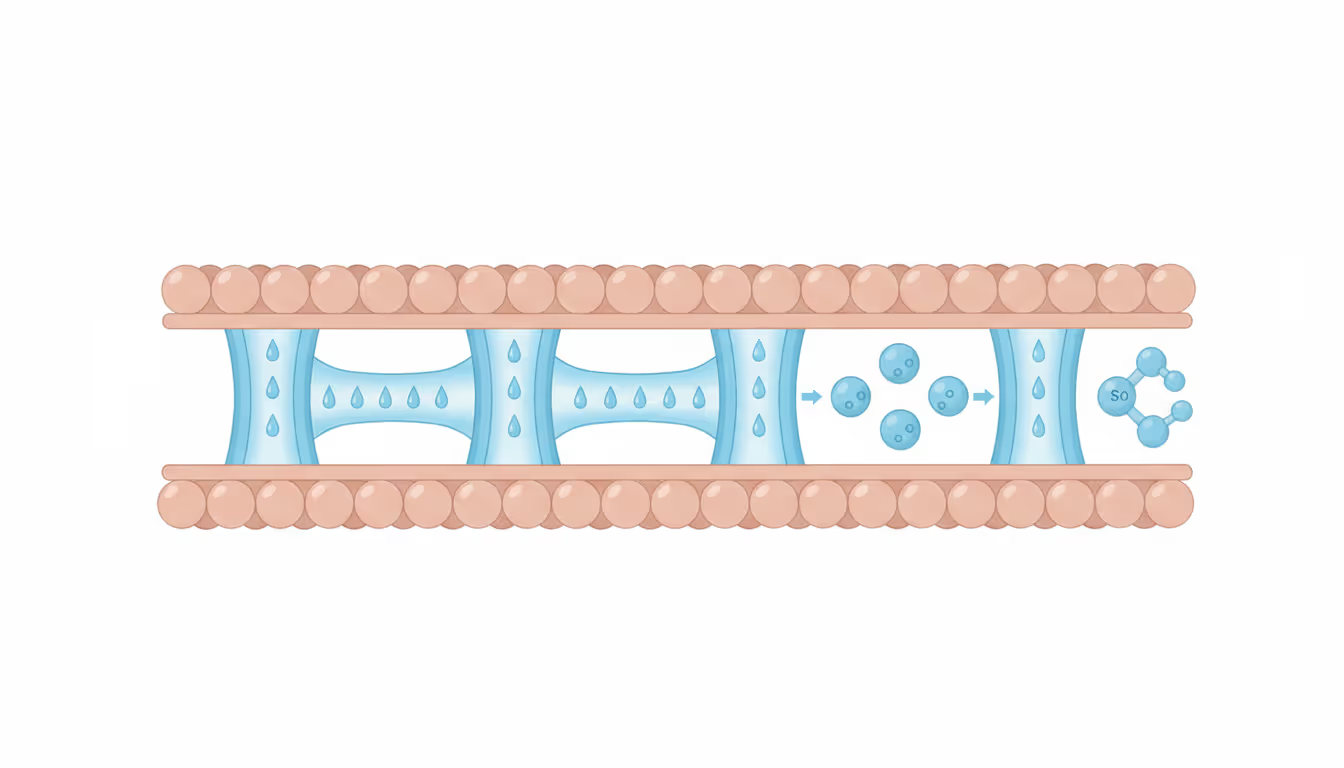
Aquaporin refers to a type of water channel that creates pores in cell membranes, allowing water molecules to pass through while blocking ions such as sodium and other small molecules. These channels are typically made up of identical protein subunits, and water moves through the narrowest sections of these channels in a single-file manner. The presence of aquaporins can enhance membrane water permeability by up to ten times, playing a crucial role in preventing dehydration by reabsorbing 99% of water in the kidneys.Although scientists had suspected the existence of molecular water channels for some time, their specific identity remained elusive until the unexpected discovery of AQP1 in 1988, which was first isolated from red blood cell membranes. Since then, numerous aquaporins have been identified, including aquaporin-0, aquaporin-1, aquaporin-2, etc., with their corresponding genes labeled as AQP0, AQP1, and AQP2. Mutations in these genes can have varied effects: AQP0 mutations can lead to cataracts, while AQP1 mutations have been found in healthy individuals. Mutations in the AQP2 gene are linked to a form of nephrogenic diabetes insipidus.In 2003, Peter Agre from Johns Hopkins University was awarded the Nobel Prize in Chemistry for his discovery of water channels, sharing the honor with Roderick MacKinnon from Rockefeller University, who was recognized for his work on the structure and mechanisms of ion channels.




